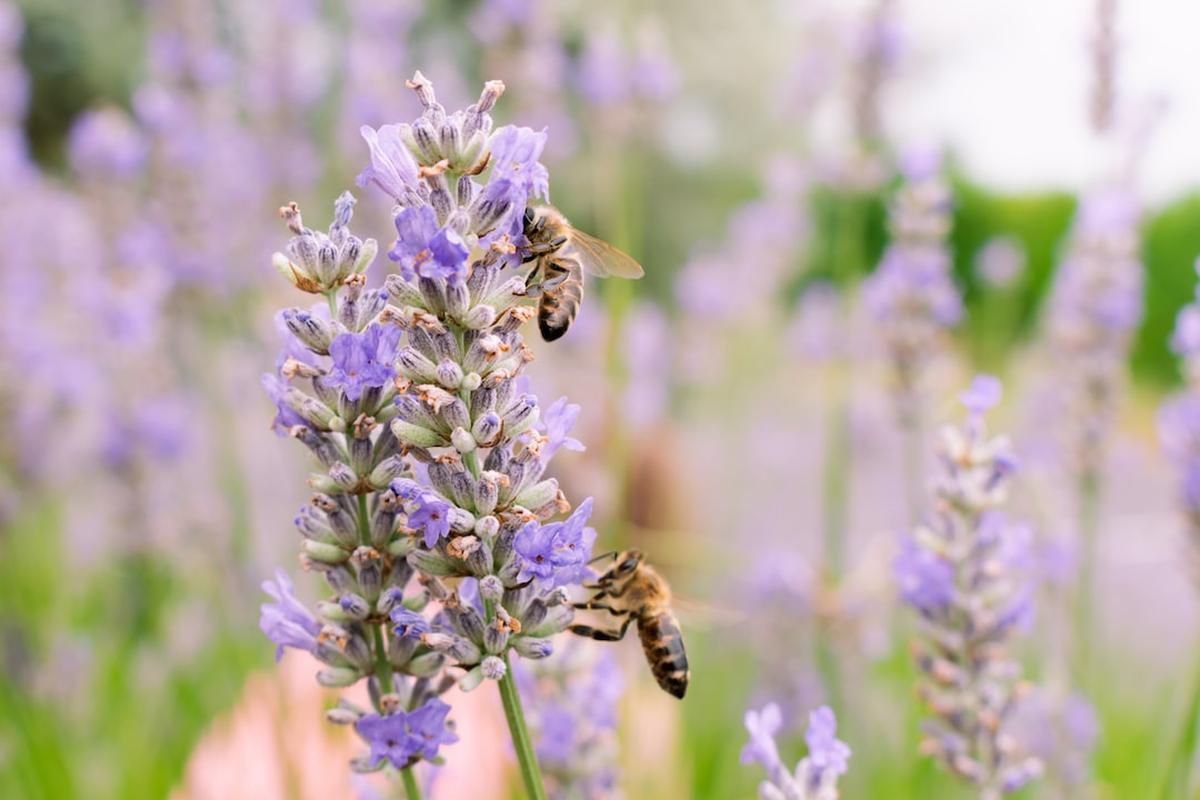Brief Overview of Evolutionary Biology
Evolutionary biology is a fascinating field that studies the origins and development of life on Earth. It delves into the intricate mechanisms of evolution, including natural selection, genetic drift, and speciation. A Masters in Evolutionary Biology equips students with a comprehensive understanding of these concepts, preparing them for a range of career paths.
Importance of a Masters in Evolutionary Biology
A Masters in Evolutionary Biology is not just a degree; it’s a key that opens doors to myriad opportunities. It equips students with the necessary skills to analyze complex biological data, understand the evolutionary history of organisms, and predict future evolutionary trends. This knowledge is crucial in many fields, from agriculture and biochemistry to biophysics and conservation.
Understanding the Scope of Evolutionary Biology
The Interdisciplinary Nature of Evolutionary Biology
Evolutionary biology is an interdisciplinary field that intersects with various scientific disciplines. It incorporates elements of genetics, ecology, paleontology, and even computer science. This interdisciplinary nature makes it a versatile field, providing graduates with a wide range of career options.
The Role of Evolutionary Biology in Modern Science
In the modern scientific landscape, evolutionary biology plays a pivotal role. It provides a framework for understanding the diversity of life and the mechanisms that drive this diversity. Moreover, it informs various fields, from medicine and agriculture to ecology and conservation, helping to solve real-world problems.
Career Opportunities in Agriculture
Role of an Evolutionary Biologist in Agriculture
Evolutionary biologists can make significant contributions to agriculture. They can help develop disease-resistant crops, improve livestock breeding techniques, and understand the evolutionary dynamics of pests. These roles are critical in ensuring food security and sustainable agricultural practices.
Case Study: Successful Evolutionary Biologists in Agriculture
Take, for instance, the work of Dr. Nina Fedoroff, an evolutionary biologist who has made significant contributions to plant genetics. Her research has helped develop genetically modified crops that are resistant to pests and drought, significantly improving agricultural productivity.
Exploring Biochemistry Careers
Job Prospects for Evolutionary Biologists in Biochemistry
In the realm of biochemistry, evolutionary biologists can work as researchers, studying the evolutionary history of biochemical processes. They can also work in the pharmaceutical industry, helping to develop new drugs based on evolutionary principles.
Real-world Applications of Evolutionary Biology in Biochemistry
A practical example of this is the development of antibiotics. Evolutionary biologists have used their understanding of bacterial evolution to develop drugs that can effectively combat antibiotic-resistant bacteria.
Biomedical Research Opportunities
Potential Roles for Evolutionary Biologists in Biomedical Research
Biomedical research is another field where evolutionary biologists can make a significant impact. They can work on understanding the evolutionary origins of diseases, which can lead to the development of new treatments and prevention strategies.
Impact of Evolutionary Biology on Biomedical Research
For instance, the study of human evolution has shed light on the genetic basis of many diseases, from cancer to diabetes. This knowledge has been instrumental in the development of personalized medicine, a field that tailors treatment to an individual’s genetic makeup.
Biophysics: A Promising Field
How Evolutionary Biology Complements Biophysics
Biophysics, the study of biological systems using the principles of physics, is another promising field for evolutionary biologists. They can contribute to understanding the physical mechanisms that drive evolution, such as the role of physical forces in shaping organisms.
Career Paths for Evolutionary Biologists in Biophysics
Career paths in biophysics can range from academia and research to industry roles. For instance, an evolutionary biologist could work as a biophysicist in a pharmaceutical company, studying the physical properties of drugs to improve their efficacy.
The Intersection of Evolutionary Biology and Biostatistics
Job Opportunities in Biostatistics for Evolutionary Biologists
Biostatistics, the application of statistics to biological data, offers numerous opportunities for evolutionary biologists. They can work as biostatisticians, analyzing complex biological data to uncover evolutionary patterns and trends.
The Role of Evolutionary Biology in Biostatistics
Evolutionary biology provides the theoretical framework for interpreting these patterns, making it an essential tool in the biostatistician’s arsenal. For instance, evolutionary biologists can use statistical models to predict the spread of infectious diseases, informing public health strategies.
Conservationist Careers for Evolutionary Biologists
The Importance of Evolutionary Biology in Conservation
Conservation is another field where evolutionary biology is of paramount importance. Understanding the evolutionary history of species can inform conservation strategies, helping to protect biodiversity and prevent extinction.
Case Study: Evolutionary Biologists Making a Difference in Conservation
Consider the work of Dr. Richard Lenski, an evolutionary biologist whose research on bacterial evolution has informed conservation strategies for endangered species. His work exemplifies how evolutionary biology can make a tangible difference in preserving our planet’s biodiversity.
The Role of Evolutionary Biologists in Ecology
Career Paths in Ecology for Evolutionary Biologists
Ecology, the study of interactions between organisms and their environment, offers a wealth of career opportunities for evolutionary biologists. They can work as ecologists, studying the evolutionary dynamics of ecosystems to inform conservation efforts.
The Impact of Evolutionary Biology on Ecological Studies
Evolutionary biology provides a deep understanding of the processes that shape ecosystems, from species interactions to environmental changes. This knowledge is crucial in addressing ecological challenges, such as climate change and habitat loss.
Environmental Education and Evolutionary Biology
Opportunities for Evolutionary Biologists in Environmental Education
Environmental education is another field where evolutionary biologists can make a significant impact. They can work as educators, teaching the public about the importance of biodiversity and the role of evolution in shaping our world.
The Influence of Evolutionary Biology on Environmental Education
By educating the public about evolution, evolutionary biologists can foster a deeper appreciation for the natural world and the need to protect it. This role is crucial in promoting sustainable practices and conservation efforts.
In Summary
Recap of Career Opportunities for Masters in Evolutionary Biology
A Masters in Evolutionary Biology opens up a world of career opportunities. From agriculture and biochemistry to biophysics and conservation, the possibilities are vast and varied. The interdisciplinary nature of evolutionary biology makes it a versatile field, equipping graduates with a unique skill set that is in high demand in today’s job market.
Future Prospects in the Field of Evolutionary Biology
The future prospects for evolutionary biologists are promising. As our understanding of life’s complexity continues to grow, so too will the demand for experts in evolutionary biology. Whether it’s developing disease-resistant crops, combating antibiotic resistance, or preserving biodiversity, the work of evolutionary biologists will continue to be of paramount importance in the years to come.
Frequently Asked Questions
What is evolutionary biology?
Evolutionary biology is a field of science that studies the origins and development of life on Earth. It explores the mechanisms of evolution, including natural selection, genetic drift, and speciation.
What can I do with a Masters in Evolutionary Biology?
A Masters in Evolutionary Biology can lead to a range of career paths, including roles in agriculture, biochemistry, biomedical research, biophysics, biostatistics, conservation, ecology, and environmental education.
How does evolutionary biology contribute to agriculture?
Evolutionary biologists can help develop disease-resistant crops, improve livestock breeding techniques, and understand the evolutionary dynamics of pests. These roles are critical in ensuring food security and sustainable agricultural practices.
Can evolutionary biologists work in the pharmaceutical industry?
Yes, evolutionary biologists can work in the pharmaceutical industry, helping to develop new drugs based on evolutionary principles. For instance, they can contribute to the development of antibiotics that can combat antibiotic-resistant bacteria.
How does evolutionary biology inform conservation efforts?
Understanding the evolutionary history of species can inform conservation strategies, helping to protect biodiversity and prevent extinction. Evolutionary biologists can work as conservationists, using their knowledge to preserve our planet’s biodiversity.
Can evolutionary biologists work in education?
Yes, evolutionary biologists can work in education, teaching the public about the importance of biodiversity and the role of evolution in shaping our world. This role is crucial in promoting sustainable practices and conservation efforts.
References
- Fedoroff, N. V. (2007). Transposable elements, epigenetics, and genome evolution. Science, 318(5854), 758-767.
- Lenski, R. E. (2017). Experimental evolution and the dynamics of adaptation and genome evolution in microbial populations. ISME Journal, 11(10), 2181-2194.
- Lenski, R. E., & Travisano, M. (1994). Dynamics of adaptation and diversification: a 10,000-generation experiment with bacterial populations. Proceedings of the National Academy of Sciences, 91(15), 6808-6814.
- Travisano, M., & Lenski, R. E. (1996). Long-term experimental evolution in Escherichia coli. IV. Targets of selection and the specificity of adaptation. Genetics, 143(1), 15-26.








